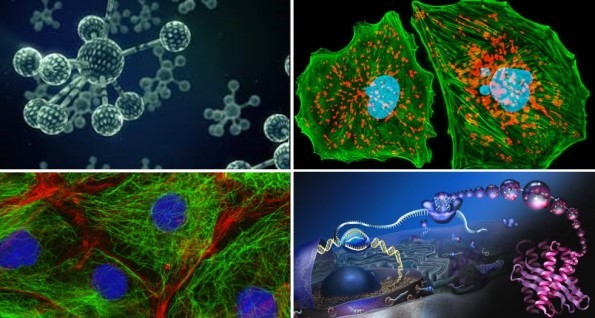The Department at a Glance
Department of Cell and Molecular Biology
The science of biology has experienced a rapid growth in recent decades thanks to progress in cell and molecular sciences. It has paved the ground for research and study in new biology. It not only forms the foundation of all branches of biology such as physiology, biosystematics and biotechnology but also has extensive application in other sciences including medicine and agriculture. Thanks to researches on cell and molecular biology, one can gain insight into the molecular basis of diseases, behavior of microorganisms, molecular basis of pharmacology and toxicology, molecular approach to behaviors and genetic inheritance in human beings, animals and plants. Fundamental research in cancer, immunology and stem cells is also based on cell and molecular sciences. Moreover, research on biotechnology, genetic modification of plants and genetic engineering of livestock and poultry is partly dependent on fundamental research on cell and molecular sciences.
To train competent experts in different fields of basic sciences and make the country self-sufficient, Specialized Committee of Biology of the Supreme Council of Educational Planning and some scholars and professors prepared the curriculum for a master’s program in cell and molecular biology.
As per the act ratified by the MSRT Supreme Council of Educational Planning in its 49th session on 22 June 2014, microbial biotechnology academic program lasts for at least 24 months and at last 30 months. The students are required to pass educational credits and write and defend a thesis. The education system is semester and credit-based in which the students are expected to complete five makeup credits, 12 major credits, 10 elective credits, two seminar credits and finally eight thesis credits.

